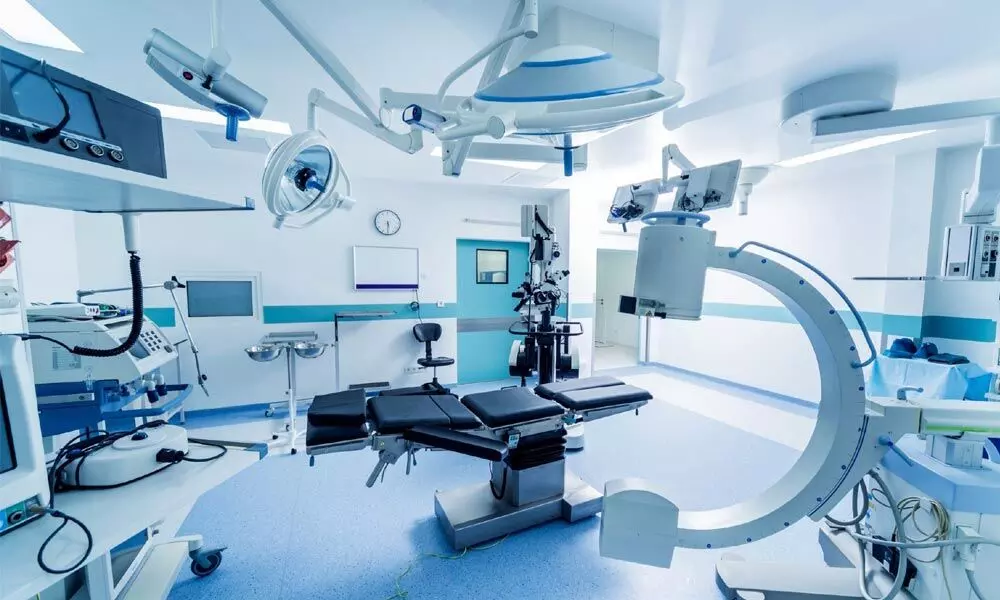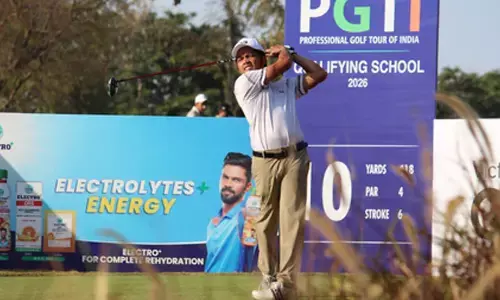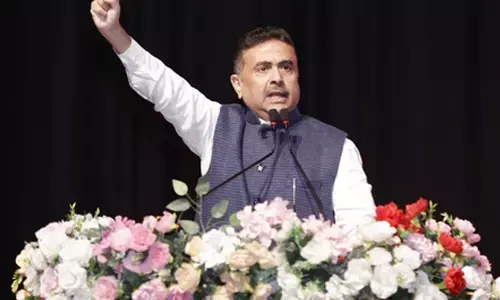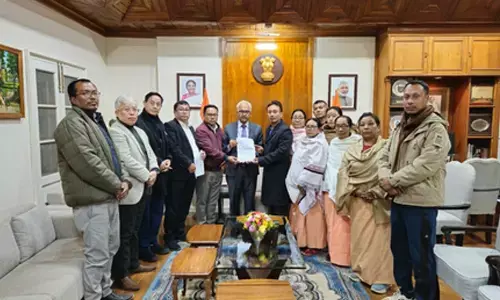India will be self-sufficient in medical devices in next 5 yrs

India will be self-sufficient in medical devices in next 5 yrs
Covid-19 pandemic shifted the country’s focus to medical devices industry: Experts
Hyderabad: Speakers at a panel discussion on medical technologies at BioAsia 2021 observed that India would become self-sufficient in the manufacturing of medical devices in the country over the next five years. They said that the Covid-19 pandemic shifted the country's focus to medical devices industry especially medical consumables.
"New medical devices and other health related products were launched during the Covid-19 pandemic, making India realize the importance of self-reliance," they maintained.
On the second day and final day of two-day BioAsia 2021, a panel discussion was held on 'Medical technologies – the next big opportunity for India'.
Participating in the discussion, S Eswara Reddy, Joint Drugs Controller, Central Drugs Standard Control Organisation (CDSCO), said: "The central government will reduce the import burden of medical devices by promoting indigenous manufacturing of high-tech medical devices. The government also brought two medical schemes which are production linked incentive schemes (PLIs). The government is also encouraging new medical devices parks in the country." On the incentives offered by the central government, he said:
"The government is providing five per cent subsidy for the manufacturing of medical devices. Besides, there are several other incentives being offered to life science sector in India," Reddy said. Jayan Ranjan, Principal Secretary, Industries and Commerce Dept., Telangana, said: "The Telangana government is proactive when it comes to offering facilities and providing incentives to medical device makers. We at Hyderabad have been ahead of the curve but we realized there was a missing part. Then the Telangana government has developed an exclusive medical devices park in 250 acres. The park attracted investments to the tune of Rs 1200 crore".
We replicated China's model in Hyderabad for companies to have better facility to manufacture and produce the devices, he added. Dr Shravan Subramanyam, president and CEO, GE Healthcare India and South Asia, said "We are hungry to grow in medical devices space. Through PLI scheme, we will plan to medical devices worth Rs 100 crore." Madan R Krishnan, vice president and Managing Director, Medtronic India, said: "Our R&D in Hyderabad is world largest outside US and we also opened a state-of-art-facility. The PLI scheme would not be useful until it is extended longer period. We are committed to Atmanirbhar Bharat, but there should be better reimbursement policies.
The government should not impose any price controls on medical devices" Suresh Vazirani, Chairman and Managing Director, Transasia bio-Medicals, underlined the need for the India's medical devices industry to focus on exports."Atmanirbhar is good but it is limited and India should aim for global market share of 20 per cent in medical devices. The schemes should be ten times bigger than PLI scheme to ensure that India becomes an export oriented factory of the world for medical devices in in near future."














